What is a TSI engine? Meaning, benefits and how it works
Certain car manufacturers develop their own engines, which gives them a USP, and in Volkswagen’s case, it’s with the TSI engine.
The Cazoo editorial team
Published on 08 May 2025 | 1 min read
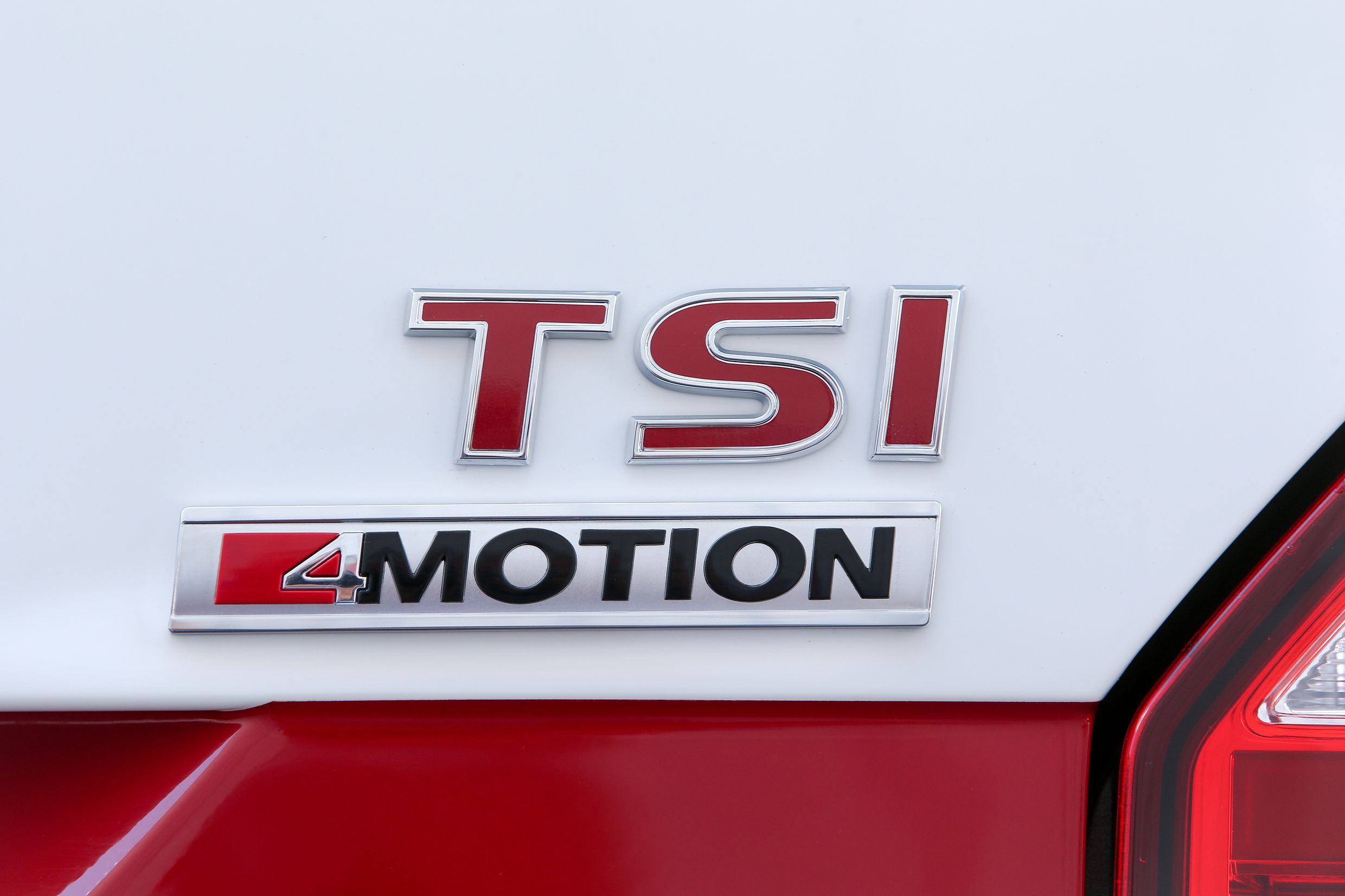
Certain car manufacturers develop their own engines which gives them a USP, and in Volkswagen’s case, it’s with the TSI engine.
You may have seen the acronym ‘TSI’ used on a lot of Volkswagen products since the early to mid-00s, but what does TSI mean?
What’s a TSI engine?
TSI is a petrol engine produced by Volkswagen. It stands for ‘Turbo Stratified Injection’ and is a specific type of turbocharged petrol engine designed and developed by the firm.
Originally, cars were badged ‘TFSI’, which stood for ‘Turbocharged Fuel Stratified Injection’, but the new TSI derivatives improved on reliability and driveability for the vehicles using these engines.
The German firm’s upgrades from the TFSI to the TSI engines included improved high-pressure fuel pumps, a redesigned engine cover, airbox and an extra oxygen sensor.
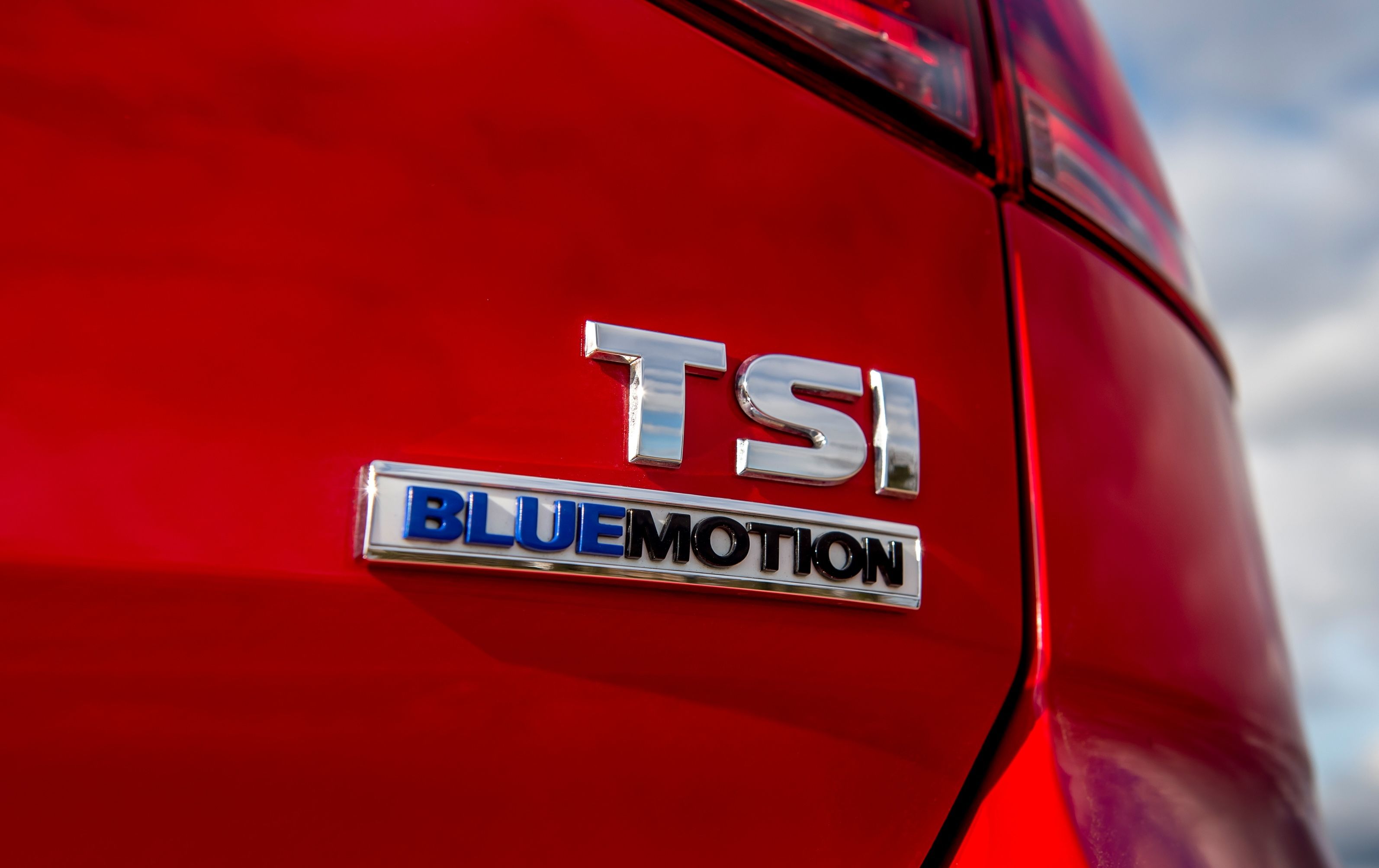
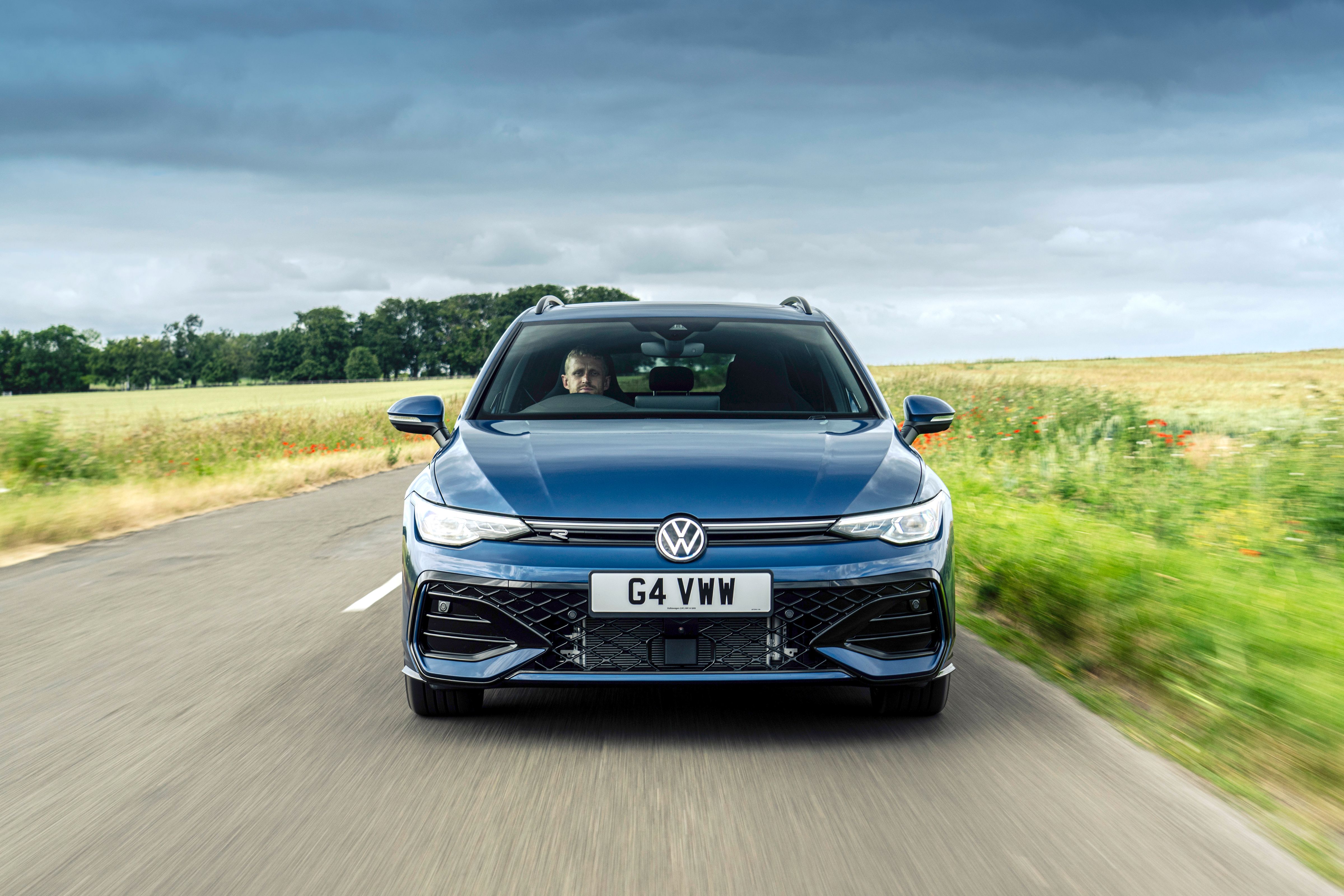
How does it make a car feel to drive?
The purpose of a TSI engine is to provide decent performance while retaining good low-down levels of torque and improved efficiency.
Cars fitted with these engines will have different driving characteristics depending on their size and weight. However, the TSI engine is designed to make the driving experience easier and more fuel-efficient regardless of the size and weight of the car you’re driving.
Due to the low-down torque, it makes it easier for cars fitted with this engine to have more grunt when driving up steep inclines and gives you a wider ratio between gearing.
Plus, having more torque and longer gearing means you don’t need to change gear as often when overtaking, all to take the strain out of day-to-day driving.
Which cars are available with a TSI engine?
As the TSI engine was produced by Volkswagen, it comes as no surprise that a lot of models in the firm’s model lineup can be specified with the option of a TSI variant such as the Polo, Golf and Touareg.
However, due to the Volkswagen Group’s umbrella ownership over many other manufacturers, cars from Skoda and Seat are also available with TSI engines.
Models such as the Skoda Fabia, Octavia and Superb can all be specified with TSI engines, as well as Seat’s Ibiza, Leon, Arona and Tarraco.
The most common engines found in these models are the 1.0-litre, 1.2-litre, 1.4-litre, 1.5-litre and 2.0-litre turbocharged petrol engines.
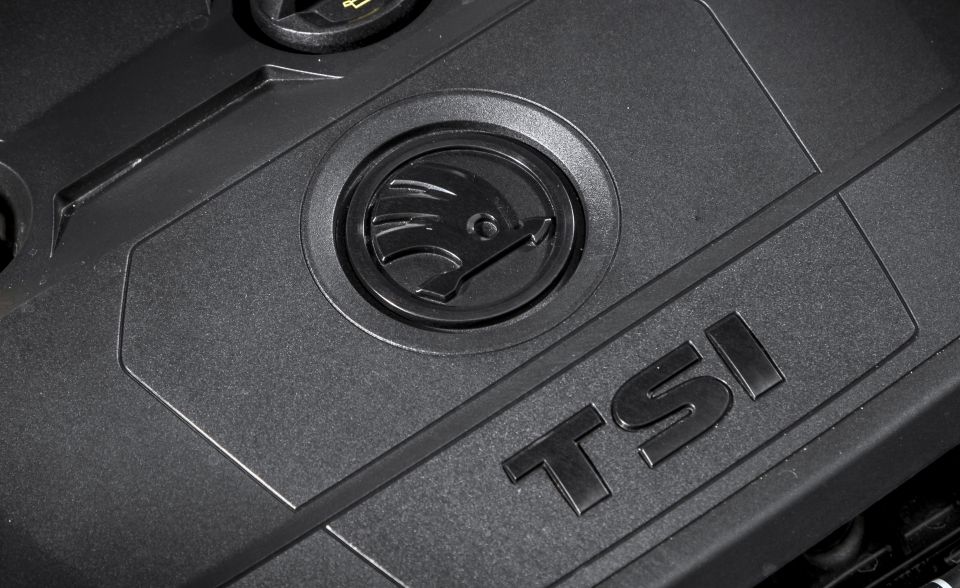
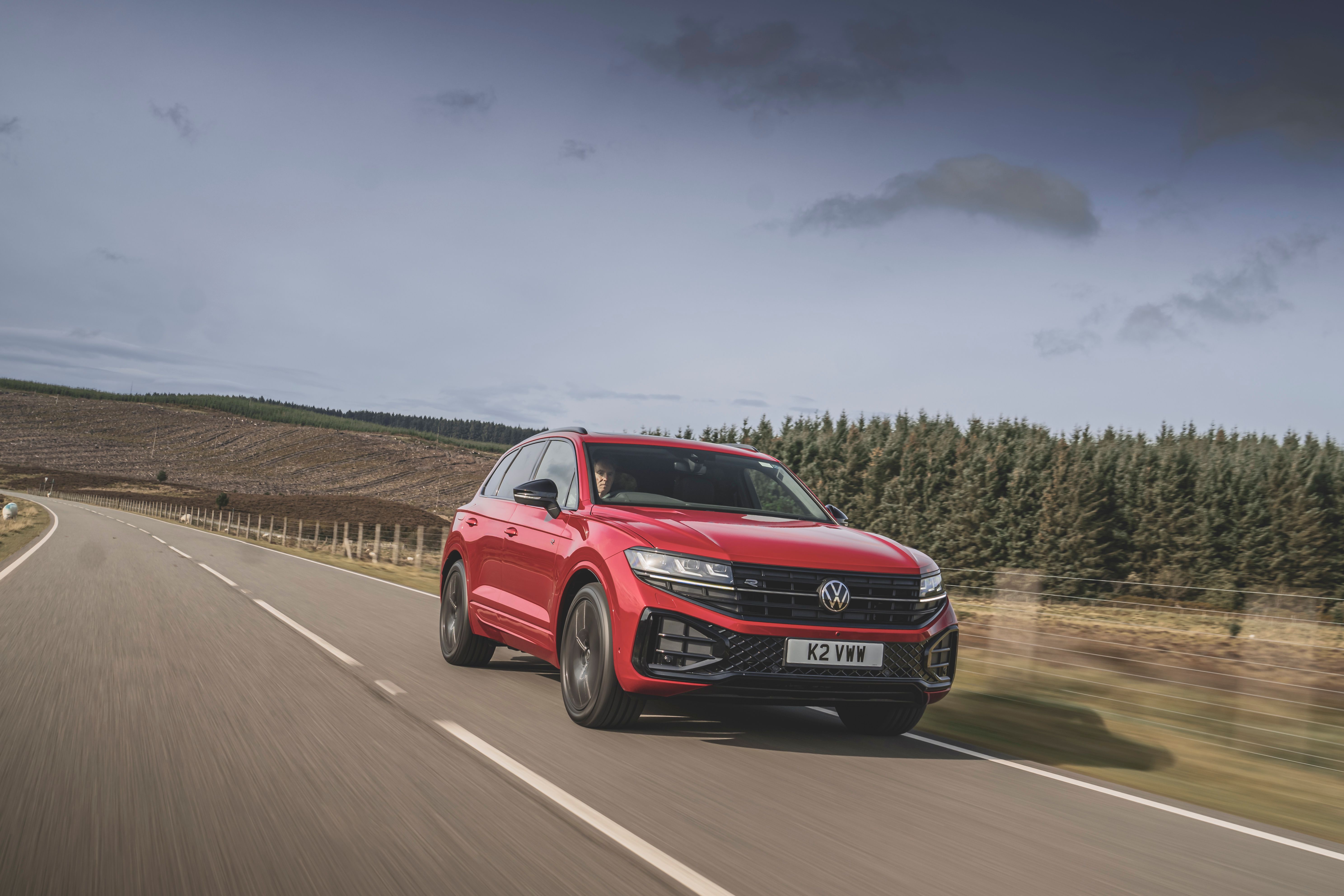
What are the running costs like with a TSI engine?
Cars fitted with TSI petrol engines tend to be more fuel-efficient than larger naturally aspirated models.
For example, a Volkswagen Golf fitted with the 1.0-litre TSI engine can return a claimed 54.7mpg and produce just 99g/km of CO2, while the larger 1.5-litre TSI can deliver a combined 54.3mpg and produce 116g/km of CO2. In comparison, an older Golf fitted with a standard petrol engine will only return around 38mpg.
Other models, such as the Volkswagen Touareg will manage up to 25.6mpg with the 3.0-litre V6 TSI.
Furthermore, Volkswagens with TSI engines don’t tend to be more expensive than their diesel-powered equivalents with a second-hand Golf 1.5-litre TSI with less than 30,000 miles on the clock priced at £14,500. In comparison, a 2.0-litre diesel model with similar mileage will set you back more than £15,000.
What’s the difference between a TSI and a TDI?
Firstly, a TSI is a petrol-derived engine, whereas a TDI is an acronym that refers to a diesel.
The acronym ‘TDI’ stands for ‘Turbocharged Direct Injection’ and is the name used for Volkswagen’s diesel engines.
The differences compared to a TSI petrol engine and a TDI diesel unit is all to do with economy.
If you cover a lot of miles every year, a TDI diesel will return better fuel economy on a long motorway run. However, if you do shorter journeys in town, a TSI engine will be more fuel-efficient.
Furthermore, due to the TSI engine’s lighter weight, it normally provides better performance, is more fun to drive and has less nitrogen oxide that is pumped out of the exhausts.
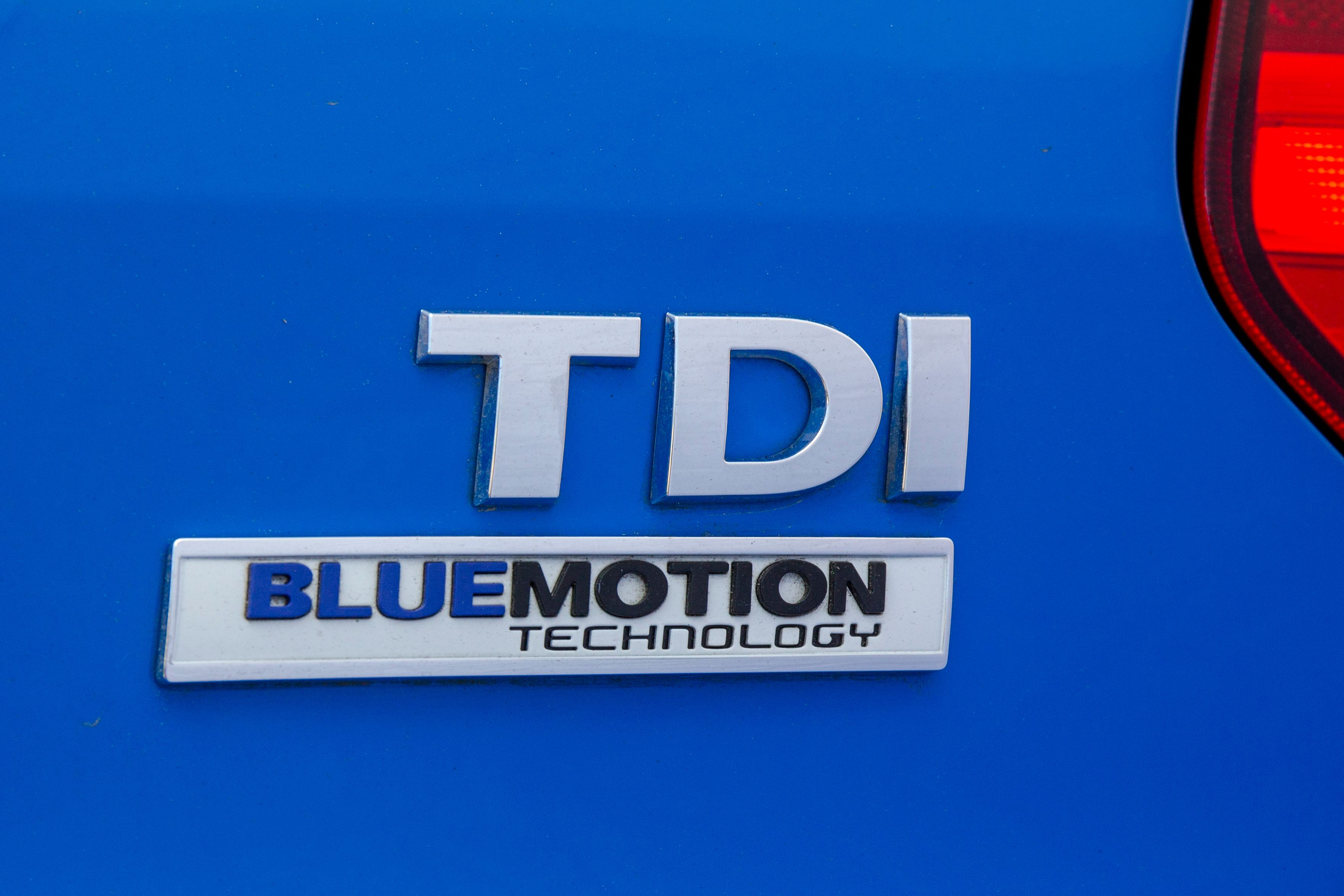
Should you buy a car with a TSI engine?
It all depends on your lifestyle and what you use a car for.
If you are looking for a vehicle that provides decent economy around town, provides good performance and will be cheap to run, the TSI engine is a sensible choice for buyers.
However, if you cover lots of miles, then a TDI diesel will be more frugal and will go further on a single tank full of fuel. The good news is that we've got both types of vehicle available here at Cazoo.